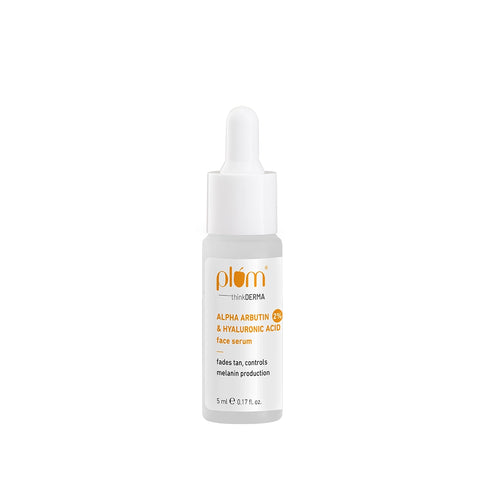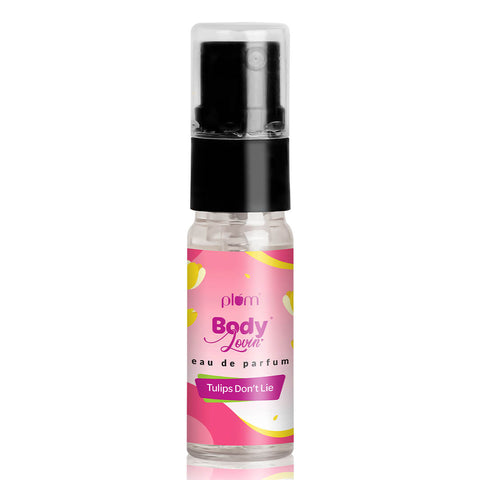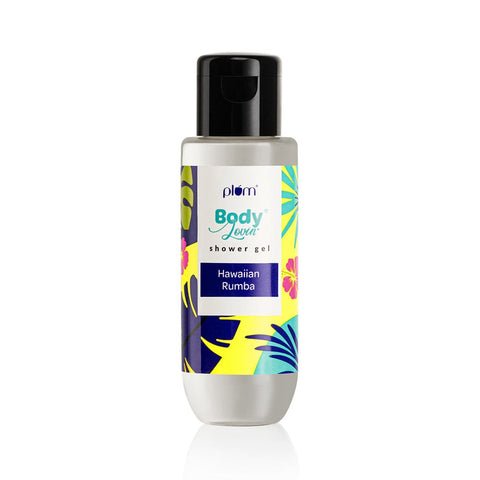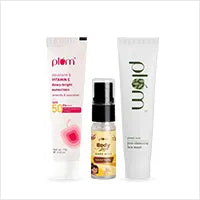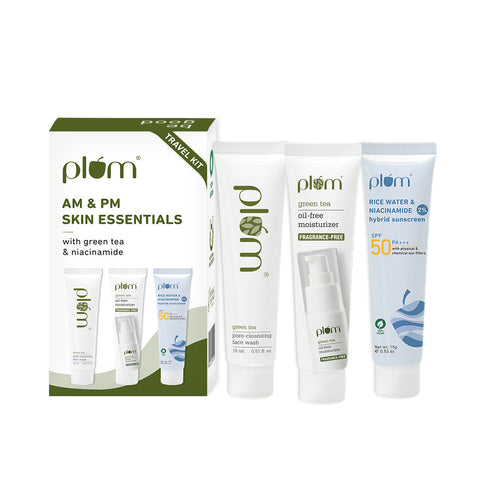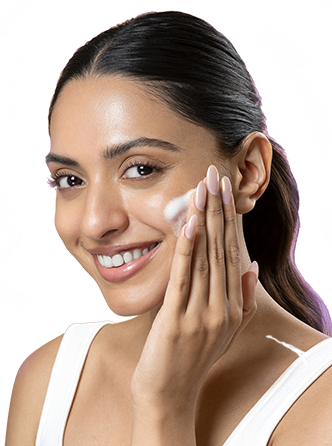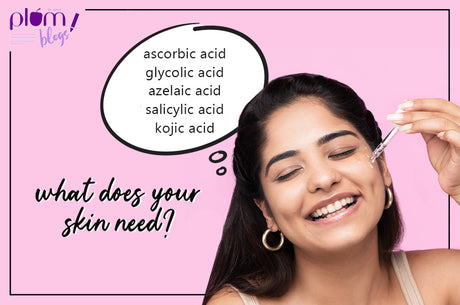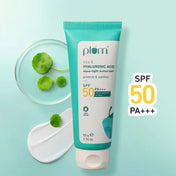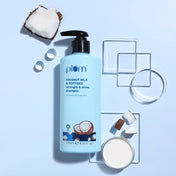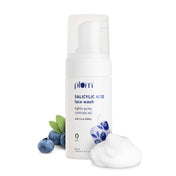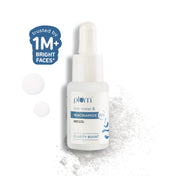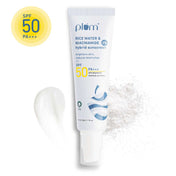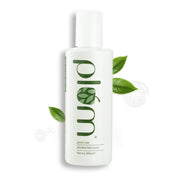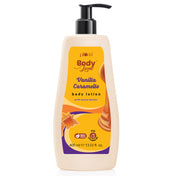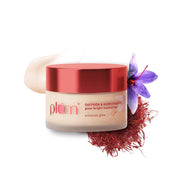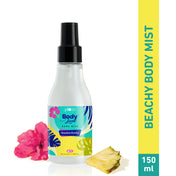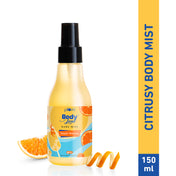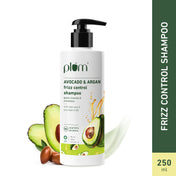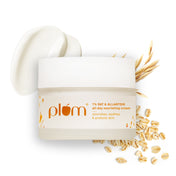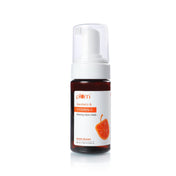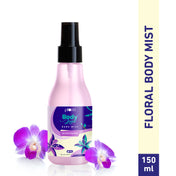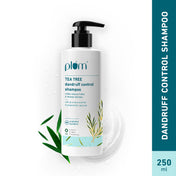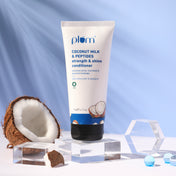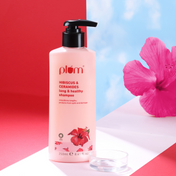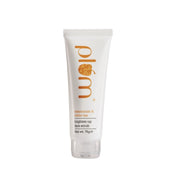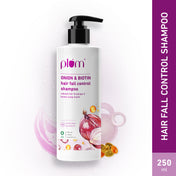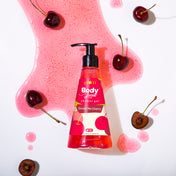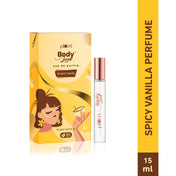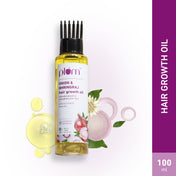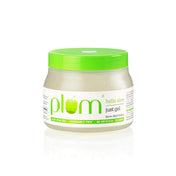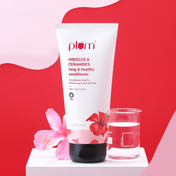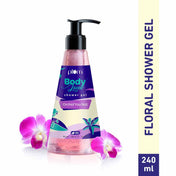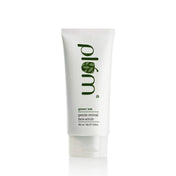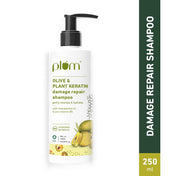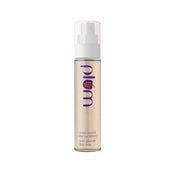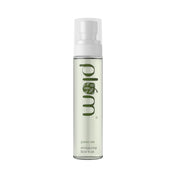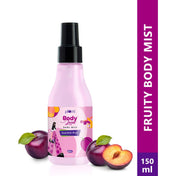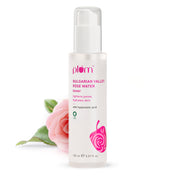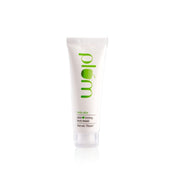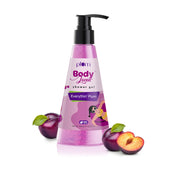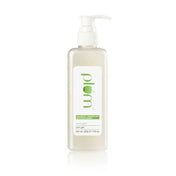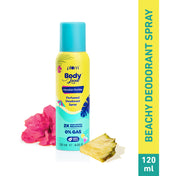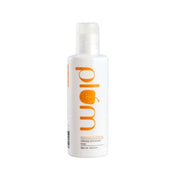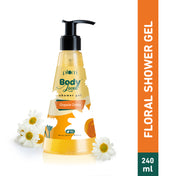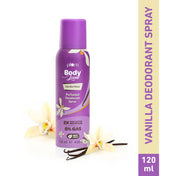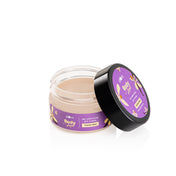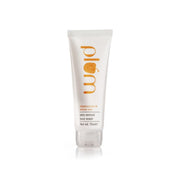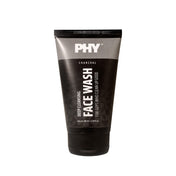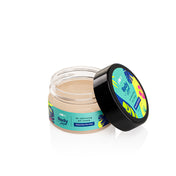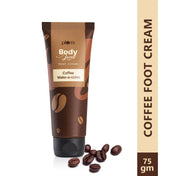
Which is better? Active acids or natural acids? There’s a lot of buzzing around these questions. The short answer is that both are good and both can be bad for you depending on many factors. So how do you know which one is suitable for you? Read on to find out.
What’s an Active?
First, let’s clarify what an ‘active’ is. An ‘active’ or an ‘active ingredient’ is any substance in a skincare product that is labeled and claimed to be the reason why a product does what it does.
For example, if a skincare product claims it can treat or help you manage acne and has ‘salicylic acid’ labeled as the active ingredient, then that is the ingredient in the product that does what it claims to do, in this case, treat acne.
Active ingredients in a product are regulated by the FDA through many trials to ensure their effectiveness.
But does this mean skincare products that do not have any ingredient listed as an active ingredient are less effective? Not true. The inactive ingredients or the ingredients not listed as ‘active’ are also important. They play a key role in supporting the delivery of the active ingredient to your skin.
In many cases, no active ingredient is listed on a product but they might still be just as effective as a product with an active ingredient.
Difference Between Active Acids & Natural Actives
As the name suggests, natural actives are extracts found naturally from plants and vegetables. Active acids on the other hand are synthetically formulated in labs.
That’s probably the only major difference between active acids and natural actives.
The source of where an active ingredient is derived from has no correlation with whether they will be effective for your skin. That highly depends on your skin type and the skin conditions that you face.
As we progress into a sustainable way of living, many brands have resorted to hopping on the trend of using natural ingredients as a way to show that their products are somehow better. But this does not guarantee anything.
People can have allergies, skin reactions, and other issues even with natural ingredients. Not all naturally derived products are good for you and not all synthetically derived products are bad for you.
So How Should I Choose Which Type of Active Ingredient to Use?
Both types of active ingredients have their own benefits and react differently to different people meaning it will come down to a bit of experimentation and personal choice.
Your best bet will be to consult a skin specialist like a dermatologist for guidance and see how you can start your skincare regimen.
Natural actives may take longer to produce results because they have lower concentrations. This is a good thing for people with sensitive skin and if you’re pregnant or breastfeeding.
On the other hand, synthetic actives or acids tend to show much quicker results as they are present in products in slightly higher concentrations and are proven to provide results through testing.
Some active acids like hyaluronic acid are naturally produced in our bodies. So using products with ingredients already present in your face can increase their effectiveness.
There are many active ingredients like retinol, vitamin C, or hydroquinone that are not found in plants. So these have to be formulated in labs.
Top Active Ingredients We Recommend You Include in Your Skincare Routine
Niacinamide (Vitamin B3)
Niacinamide or vitamin B3 is a form of protein that keeps your skin firm and healthy. It locks in moisture to prevent skin from external damage. Since it can help your skin retain moisture, it is great for dry skin. But this benefit can also help oily skin. Being able to keep moisture locked in your skin also helps regulate your skin's oil production. This controls your sebaceous glands from going berserk.
Salicylic acid is a BHA (beta hydroxy acid) that acts as a great exfoliant to keep your pores unclogged, prevent acne, blackheads & whiteheads.
Retinol
Retinol or retinoids is a derivative of vitamin A used in many anti-aging products for its ability to boost the skin’s cell renewal process.
Vitamin C
Vitamin C scientifically known as L-ascorbic acid has antioxidant properties that give your skin a healthy glow, improve the skin’s texture, and smooth out fine lines and wrinkles.
Hyaluronic Acid
Hyaluronic acid is a great humectant that attracts moisture and keeps it locked in your skin.
FAQs
Q1. Is Vitamin E an active ingredient?
Yes, vitamin E is used as an active ingredient in many skincare products for its antioxidant effects and skin barrier strengthening.
Q2. Is applying vitamin E good for the face?
Vitamin E is most commonly known for its benefits for skin health and appearance. It can be applied topically to your face to reduce inflammation and make your skin look younger.
